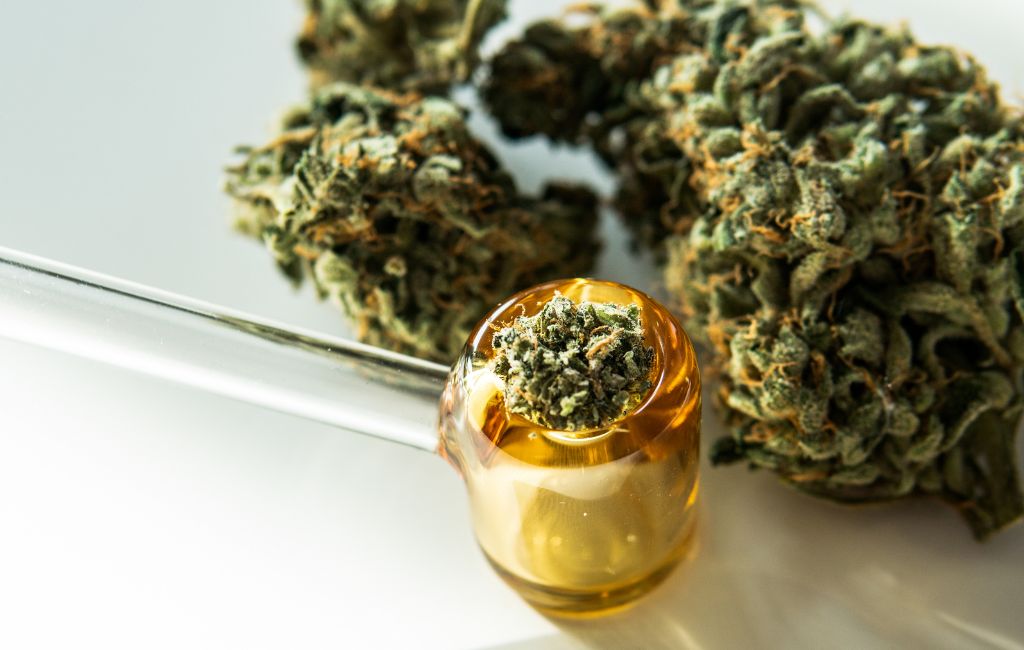How THCa Flower Supports Your Health
In recent years, the interest in cannabis and its various compounds has surged, leading to a deeper understanding of its potential health benefits. Among these compounds, THCa, or tetrahydrocannabinolic acid, has gained attention for its unique properties. Unlike THC, THCa is non-psychoactive, meaning it doesn’t produce the “high” associated with cannabis. This article explores how THCa flower can support your health, backed by research and real-world examples.
Understanding THCa: The Basics
THCa is a cannabinoid found in raw and live cannabis plants. It is the precursor to THC, the compound responsible for the psychoactive effects of cannabis. When cannabis is heated through smoking, vaping, or cooking, THCa converts to THC. This process is known as decarboxylation.
In its raw form, THCa offers a range of potential health benefits without the psychoactive effects. This makes it an attractive option for individuals seeking the therapeutic properties of cannabis without the high.
Potential Health Benefits of THCa
- Anti-Inflammatory Properties: Research suggests that THCa may have significant anti-inflammatory effects. This can be beneficial for individuals suffering from conditions like arthritis, lupus, and other inflammatory diseases.
- Neuroprotective Effects: Studies indicate that THCa may help protect brain cells, potentially offering benefits for neurodegenerative diseases such as Alzheimer’s and Parkinson’s.
- Anti-Emetic Properties: THCa has shown promise in reducing nausea and vomiting, making it a potential option for patients undergoing chemotherapy or those with chronic gastrointestinal issues.
- Antioxidant Properties: As an antioxidant, THCa can help combat oxidative stress, which is linked to a variety of chronic diseases.
Scientific Studies and Evidence
Several studies have explored the potential health benefits of THCa. A study published in the “British Journal of Pharmacology” highlighted THCa’s anti-inflammatory properties, suggesting its potential in treating inflammatory conditions. Another study in “Phytomedicine” discussed THCa’s neuroprotective effects, indicating its promise in managing neurodegenerative diseases.
While research is still in its early stages, these studies provide a foundation for understanding the potential therapeutic applications of THCa. As more research is conducted, the full scope of THCa’s benefits will likely become clearer.
Real-World Examples and Case Studies
Many individuals have reported positive experiences using THCa for various health conditions. For instance, some arthritis patients have found relief from pain and inflammation by incorporating THCa-rich cannabis into their regimen. Similarly, individuals with chronic nausea have reported significant improvements in their symptoms.
These anecdotal reports, combined with emerging scientific evidence, suggest that THCa may offer a viable alternative or complement to traditional treatments for certain conditions.
How to Incorporate THCa into Your Routine
For those interested in exploring the benefits of THCa, there are several ways to incorporate it into your routine. Consuming raw cannabis leaves or flowers is one method, as this preserves the THCa content. Juicing raw cannabis is another popular option, allowing for easy consumption of THCa.
THCa tinctures and capsules are available for those who prefer a more convenient method. These products provide a measured dose of THCa, making it easier to incorporate into a daily wellness routine.
Considerations and Precautions
- Consult with a Healthcare Professional: Before incorporating THCa into your routine, it’s advisable to consult with a healthcare professional, especially if you have existing health conditions or are taking other medications.
- Quality and Source: Ensure that you source THCa products from reputable suppliers to guarantee quality and safety.
- Dosage: Start with a low dose and gradually increase as needed, monitoring your body’s response.
Conclusion
THCa flower presents a promising avenue for those seeking the health benefits of cannabis without the psychoactive effects. With its potential anti-inflammatory, neuroprotective, anti-emetic, and antioxidant properties, THCa offers a range of therapeutic possibilities. While research is ongoing, the existing evidence and real-world experiences highlight its potential as a valuable addition to a holistic health regimen. As always, consulting with a healthcare professional and sourcing high-quality products are key steps in safely exploring the benefits of THCa.
